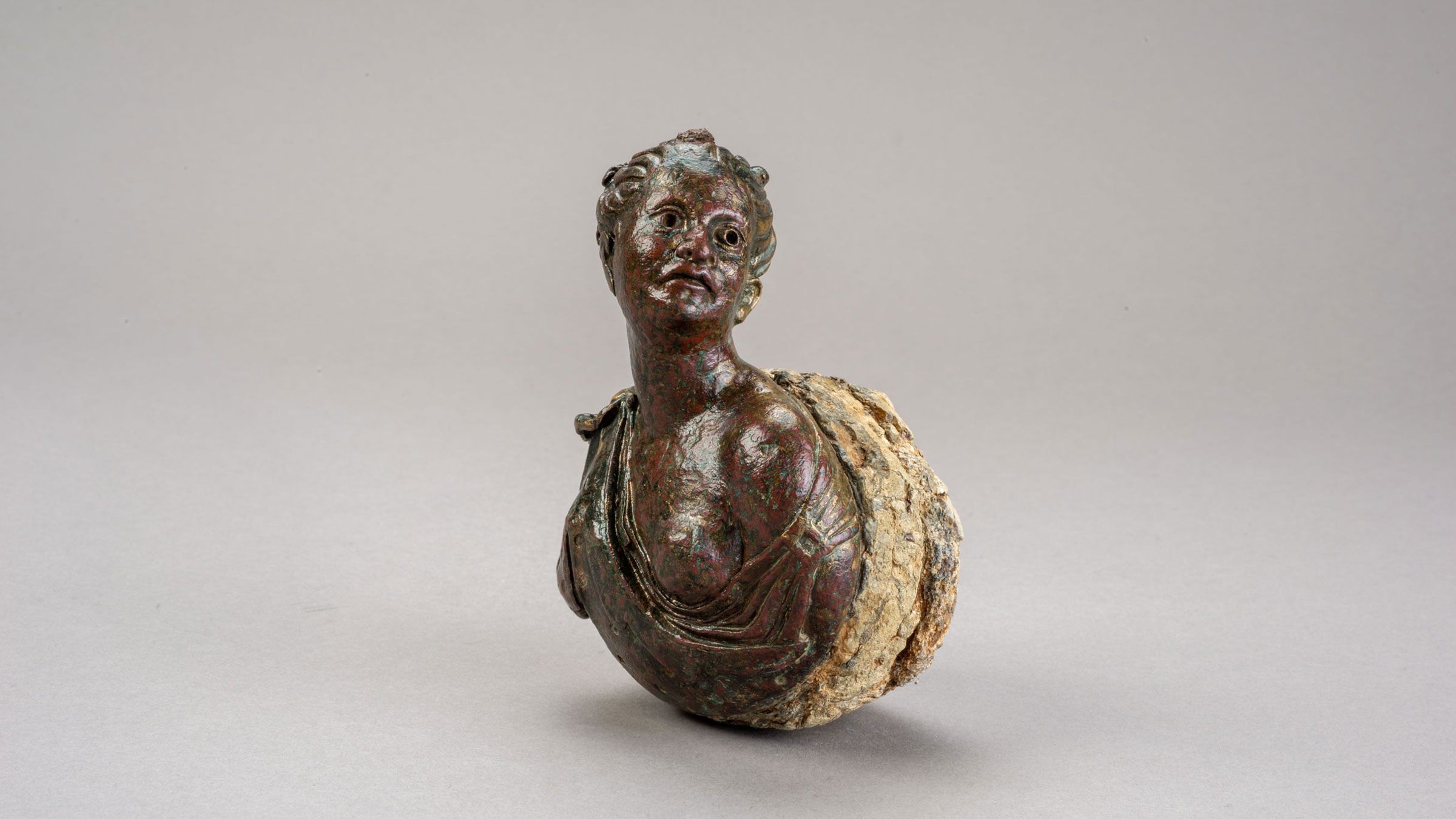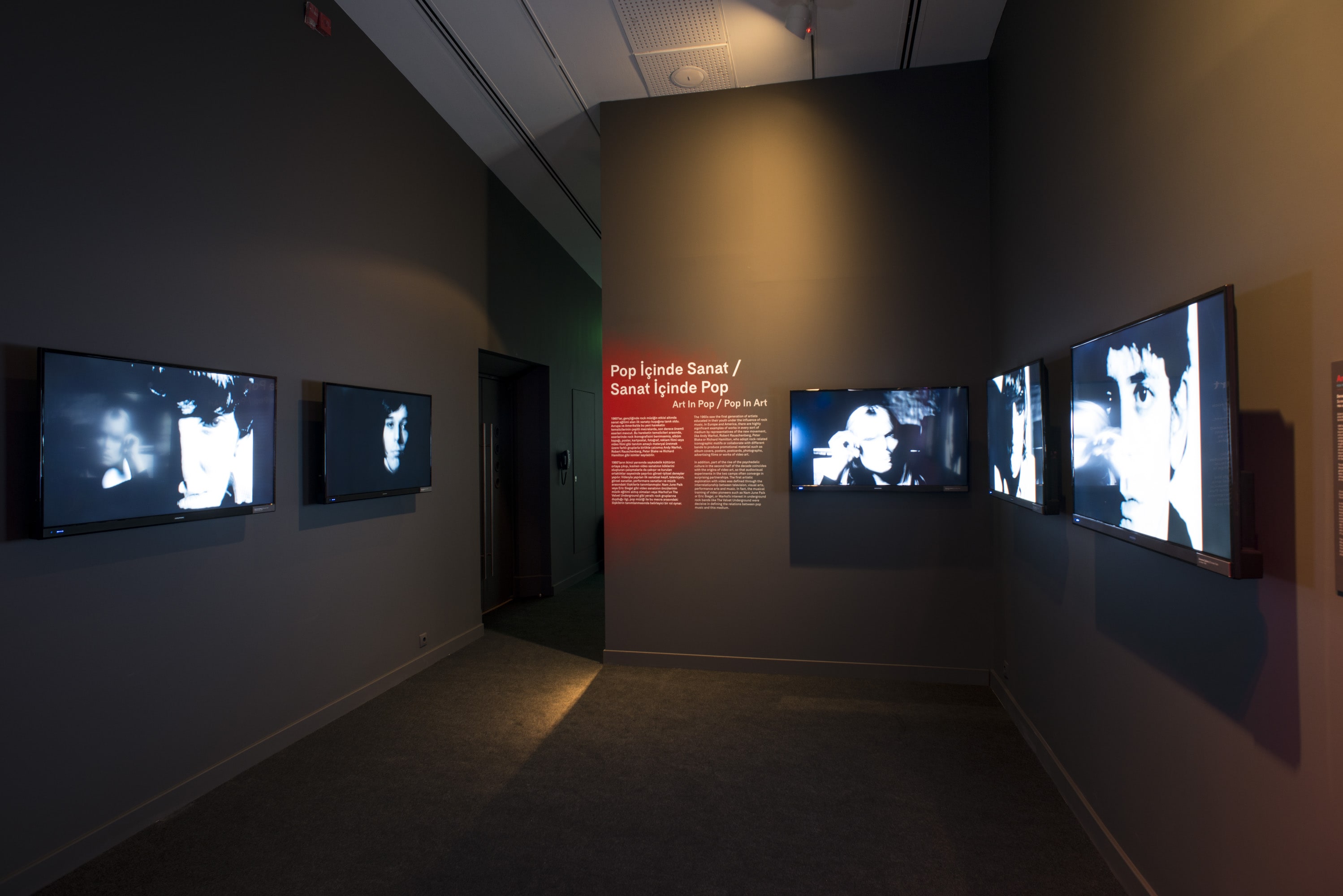Online Talk
May 31, 2022 / 18:00
The Art of Weights and Measures exhibition, featuring a selection from the Suna and İnan Kıraç Foundation’s Anatolian Weights and Measures Collection, aims to explore the economy, culture, intercultural system relations, the dynamics of public trust and the journey of standardization of units, anchored around weights and measuring instruments, through the eyes of civilizations, gods, merchants, masters and apprentices, from the 2nd millennium BCE to the present, and sheds light on the transformations and continuities. Expert speakers in the talk series titled “And the Stone Fell by Reason of Its Weight” with inspiration from a verse in Homer's Iliad will examine trade, weighing and measurement systems used in the cultures the exhibition covers, namely the Age of Assyrian Trade Colonies, the Hittite Civilization, the Hellenistic Kingdoms, as well as the Roman Empire, the Byzantine Empire and the Ottoman Empire.
The political changes that took place in Eastern Mediterranean in the 2nd century BCE led Rome to develop its economic and cultural relations with Anatolian civilizations. Western Anatolia became a part of Rome in 133 BCE when Attalos III, the king of Pergamon, bequeathed his kingdom to Rome and the region became the province of Asia. Bankers and merchants seized economic opportunities that emerged in the newly established province to add to their wealth and becamean important entity of the Roman societyin the region.
The third talk of the series will explore Roman merchants and bankers’ commercial and financial activities, organizations, and relations with local communities in the province of Asia during the Late Republic and Roman Empire, in light of historical, epigraphical and archeological sources.
The talk will be broadcast live on Pera Museum’s YouTube channel. The language of the event is Turkish.
About Yavuz Selim Güler
Yavuz Selim Güler received his bachelor’s degree in Archeology and History of Art from Koç University. He took part in several archeological surveys and excavations in Konya, Bursa and Burdur before receiving further education on Numismatics and Ancient Economy from the British Museum and AKMED (Suna & İnan Kıraç Research Center for Mediterranean Civilizations).Between 2018 and 2020, he served as a teaching assistantfor the Ancient Greek, Latin, and Ancient History and Archeology courses at Koç University. In 2020, he completed his master's thesis on Roman Merchants and Bankers in Provincia Asia. After a period of working in the field of museum education, he joined the Suna and İnan Kıraç Foundation Pera Museum in 2021, where he remains the Collection Supervisor of the Anatolian Weights and Measures Collection.
Temporary Exhibition
As the measurement of discovery became the substance of myths, weighing and measuring, beyond being mere physical actions, became an important means of self-expression to those captivated by the universe and what lay beyond the boundaries of knowledge.
Click for more information about the exhibition.


Three people sleeping side by side. On the uncomfortable seats of the stuffy airplane in the air. Three friends. I’m the friend in the window seat. The other two are a couple, Emre and Melisa. I’m alone, they are together. And another difference. I’ve only closed my eyes. They are asleep.

Between 1963 and 1966 Andy Warhol worked at making film portraits of all sorts of characters linked to New York art circles. Famous people and anonymous people were filmed by Andy Warhol’s 16 mm camera, for almost four minutes, without any instructions other than ‘to get in front of the camera’.
Tuesday - Saturday 10:00 - 19:00
Friday 10:00 - 22:00
Sunday 12:00 - 18:00
The museum is closed on Mondays.
On Wednesdays, the students can
visit the museum free of admission.
Full ticket: 300 TL
Discounted: 150 TL
Groups: 200 TL (minimum 10 people)